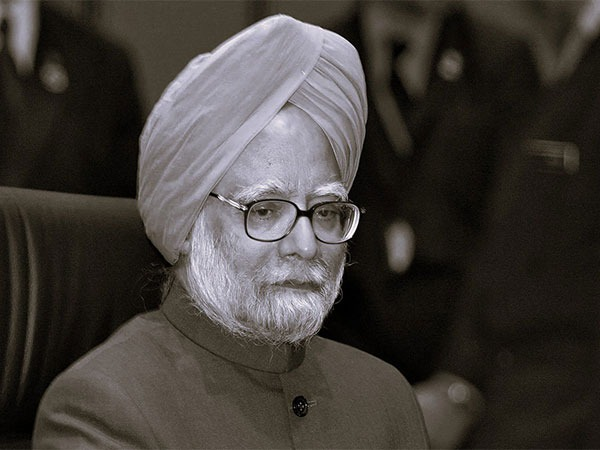
Loss of a statesman
In the death of former Prime Minister Dr. Manmohan Singh, the nation has lost a statesman who led the nation on the trajectory of massive overhaul of the economy at a critical juncture and still later, steered the nation to unprecedented prosperity. It is only with some sense of awkwardness that one could describe him as a politician. Singh led the nation for a full two decades and walked out of office unblemished. A consensus-maker, his unassuming sincerity, honesty and simplicity was legendary, helping the nation unleash its massive economic potential.
Even as he is credited for trade liberalisation, financial sector reforms and privatisation, his role as one who conceived the policies for economic inclusiveness are equally worthy of celebration. His vision extended beyond mere GDP growth. He was an ardent advocate of social justice, equality and mainstreaming the marginalised communities, something that he owed to his innate belief that liberalisation was concentrating wealth in a few hands and external measures would be needed to level up inequalities.
It was this belief that enabled the nation to adopt the revolutionary Mahatma Gandhi National Rural Employee Guarantee Scheme, the flagship rural poverty alleviation programme providing for a minimum 100 days work for the rural poor. It is no small feat that the nation could lift nearly 27 crore people out of poverty between 2005-06 and 2015-16, a period synchronising with most of his tenure.
This was followed by a number of empowering legislations such Right to Information Act 20025; Right to Children to Free and Compulsory Education Act, 2009; Street Vendors (Protection of Livelihood) Act, 2012; National food Security Act, 2013; Right to Fair Compensation and Transparency in Land Acquisition, rehabilitation and resettlement Act, 2013 etc.
 English daily published in Bengaluru & Doha
English daily published in Bengaluru & Doha






